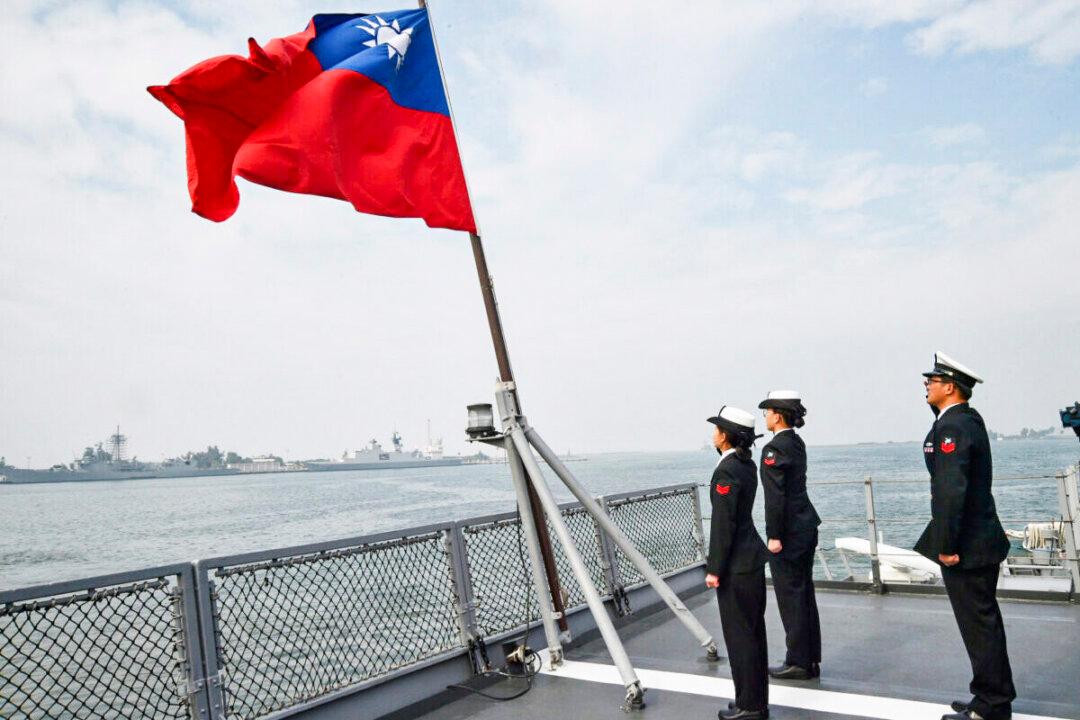Taiwan needs to bolster its port infrastructure along its eastern seaboard as part of many measures required to strengthen the island’s resilience in the face of communist China’s aggression, according to experts from the nonprofit Atlantic Council.
Franklin D. Kramer, distinguished fellow and board director at the Atlantic Council, said a resilient Taiwan would allow the self-ruled island to “maintain its defense” until allies come to its aid in the event of a Chinese attack or a blockade imposed by China.





